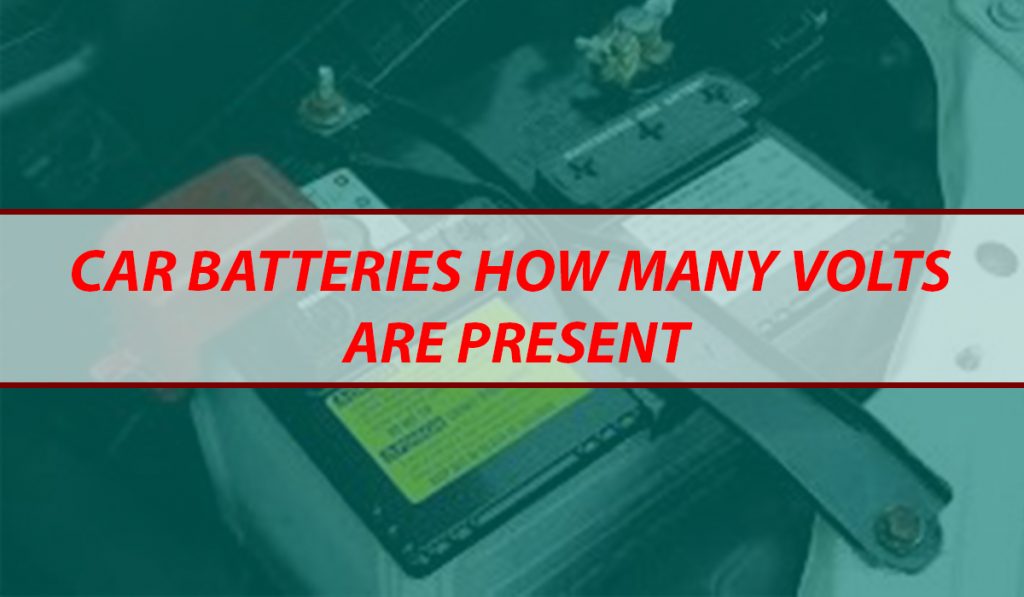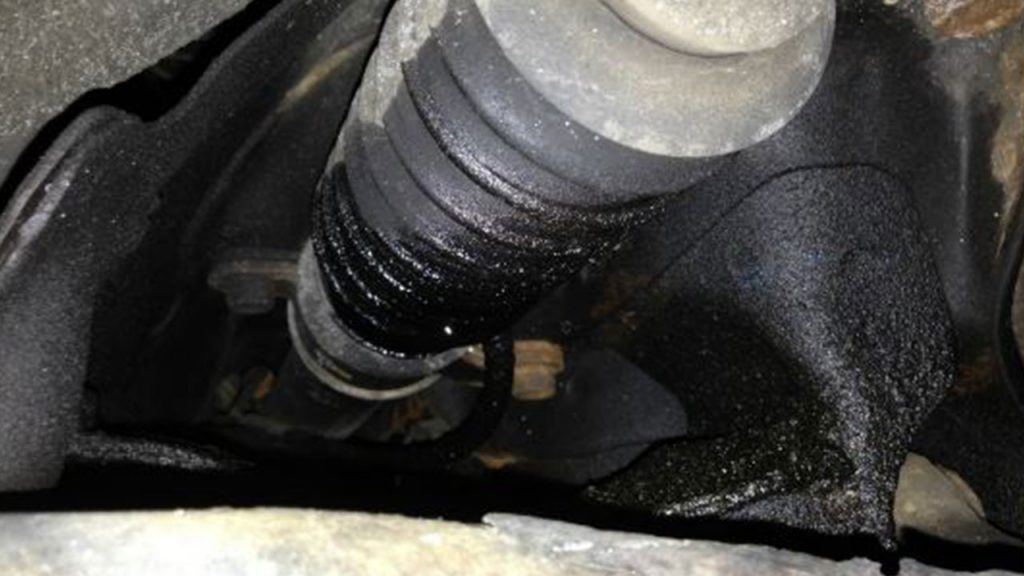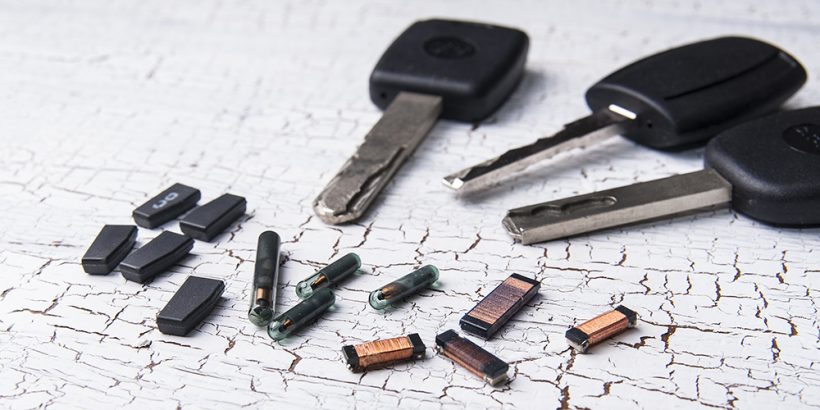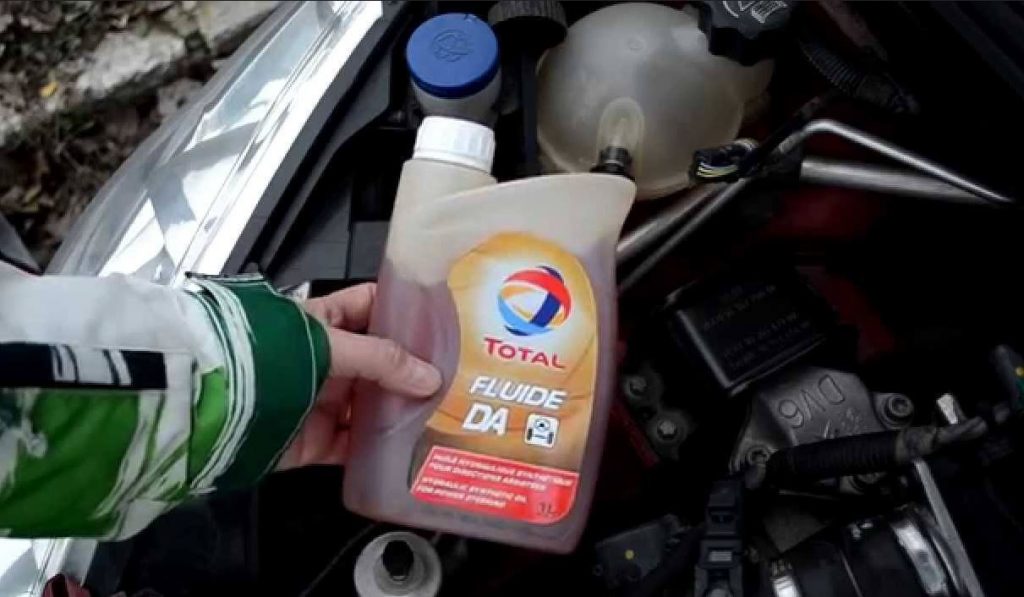Last updated on May 17th, 2022 at 07:44 pm
Are you wondering how many volts should a car battery have? Well this article shows you how many volts are car batteries at various conditions.
A car battery is a fundamental piece of a car that is vested with sole responsibility of supplying the energy required to run the auto gears. It is unfeasible for any means of transportation to start in the absence of a battery. It would be terrible to be left stuck on a deserted highway with a dead battery. This is why performing a routine test of battery is a necessity to detect possible faults and rectify it on time. Normally batteries have a maximum lifetime of 3 – 5 years. However, bad driving practice and exposure to extreme elements can cut short the life of a car battery.
In this article, we examine the following areas relating to car batteries:
- How many volts are car batteries
- How many volts does a car battery need to start
- How to tell if a car battery has a dead cell
- what is the voltage of a dead 12 volt battery
so if you ever wondered how many volts should a car battery have? Well here we go.
Related Article:
- Dead BMW i3 12v battery symptoms
- 6 Best Battery Maintainer For Winter Storage
- How to fix a car battery that doesn’t hold charge
- 10 Best Battery Tenders for Cars (Your Ultimate Guide)
- Wheels Bearing Replacement Cost (Ultimate Guide for Different Cars)
How many volts are car batteries? (Car Battery How Many Volts)
The voltages of car batteries are not always preset. So, to respond to the query “how many volts are car batteries?”The direct answer is car batteries are 12-volt DC. However, since the voltage is not a set number, you are likely to get an entire car battery voltage chart. A voltage test appears to be the finest alternative to get details concerning car batteries.
Regular testing of batteries should be part of your car’s status checkup routine. The essence of a voltage test is to assist you in keeping tab with the strength and fitness of the battery. You should carry out this routine maintenance test at least twice or thrice in a year to cut down the risks of sudden battery failure.
So, how many volts are car batteries? The importance of scrutinizing the volts of your car battery is to give an update on charged status. You should comfortably analyze the status of your car battery power against the ideal car battery voltage range to give you more details about the state of your automobile battery.
A charged car battery voltage when full varies from 13.7 to 14.7 volts, if it isn’t being plug up to an exterior gadget. It will drop to 12.4v with charge being 75% and 12 volts when it is at 25%.
The standard car battery voltage when it runs out of charge is about 11.9 V. The electrical energy has to rise to about 12 volts for it to cover maximum operating power.
How to Test Battery Voltage of a Car
You can utilize a voltmeter to establish the volt of a auto battery. It can assist in evaluating the measurements with past results to construe the battery’s state.
To test the battery voltage of a car, you can position the reading device to its highest value and contact the battery’s terminals. A functioning device will indicate precise readings.
To know how many volts are car batteries, it is paramount to use a voltmeter. However, if you are unable to get a voltmeter, you should be capable of still test out the battery’s form by offing the engine and putting on the headlights.
- Faint headlights signify drawing charge from the battery and absence of it from alternator.
- Dazzling lights when revving engine signifies production of power by the alternator, howbeit in little supply.
- Similar brightness during engine revving signifies battery and alternator are working fine.
Car Battery Load Test
A functioning battery will produce between 9.5 and 10.5 volts in a span of 30 seconds in load testing. It is advisable for the test to be conducted using a carbon pile instead of the manually handled testers. A reading in that range indicates a fit battery that can pile up sufficient power and manage the electric devices in the car efficiently. It will require you to get a battery load tester to carry out the check.
However, if the battery does not make the grade of the load test and the voltmeter readings come as less than 12 volts at regular intervals, jump-starting the car or raising its performance by adding up distilled water would be ideal. If both cases prove abortive, it means it would require you to replace the battery unit.
Before carrying out the test, ensure the car battery is running in a high state of charge. Ensure you examine and comprehend protection directives on the battery.
Read this too: Valve Cover Gasket Replacement Cost BMW + Symptoms
How many volts does a car battery need to start?
An automobile battery which is well charged should give a 12.6 volts evaluation or more. Still, the measurement can climb to 13.7 to 14.7 volts when the engine is in working mode. You can verify the voltage of your battery by means of a voltmeter. On the other hand, if you don’t have one, then you can test your electrical arrangement by starting the automobile with the headlights on.
It’s imperative to always test your connection and electrical scheme. It shouldn’t only be when it’s starting to show signs of failing. Contact your auto-mechanic to check it at least twice a year.
How Many Volts Should A Car Battery Have When Fully Charged?
Car batteries that are appropriately charged should gauge at 12.6 volts or above. When the engine is in functioning mode, this capacity should be increase to 13.7 to 14.7 volts. Battery voltage reading can be checked using a voltmeter.
However, if the device is unavailable, you can do a test of your electrical arrangement by starting and setting the headlights at ON mode.
Weak headlights illustrate that the lights are draining the battery and the alternator isn’t making charge.
Rev the engine and check; if the light becomes brilliant it signifies the alternator is making some current, but insufficient.
If the lights have standard brightness and remains unchanged on revving, then it denotes the charging system is running properly.
Next lets look ways on how to tell if a car battery has a dead cell.
How to tell if a car battery has a dead cell
It isn’t too tasking to tell if a car battery has a dead cell. If the reading on your car battery indicates 0 volts, then it could imply that the battery sort of had a short circuit. If on the other hand the battery is unable to attain a reading above 10.5 volts when charging, then it signifies that the battery has a dead cell. A wellcharged battery that has the voltage indicating 12.5 or lower means sulfating has occurred.
In some cases, it is easy to detect a faulty battery by merely examining it. You can check for things like:
- Crack of plastic
- Too much leaking
- Wrecked terminal
- Discoloration
- Bulge or bump in the case
Those are the basics on especially if you are looking at how to tell if a car battery has a dead cell. below is other ways to tell if your car battery is dead. Related: 6 Best Battery Maintainer For Winter Storage
How To Tell If A Car Battery Has A Dead Cell
- Broken Terminals
You can tell if a car battery has a dead cell if it has broken terminals. This is because busted terminals can trigger short circuit which can be unsafe. A short-circuited cell means all of the power is discharged instantaneously, thereby causing intense heat production. A battery can easily explode on this ground.
If the battery is undamaged, but there appears to be a swell in the case, it means you are charging the battery excessively. A car battery with cracks may not affect the proper functioning of the battery, but it is dangerous to use.
A wet-cell battery water level has to fill with distilled water. However, there can be an issue if the battery has been dry for long. Sulfation, the major cause of battery death, can accrue if the plates are exposed to oxygen. Also, charging a dry battery will burn it up. A battery may be dead if you notice lots of liquid in the cell, but with a dark color.
2. Voltage Reading
The voltage reading of a battery can signify if battery has a dead cell.
standard voltage car battery reading
| State of Charge | Voltage |
| 100% | 12.7 – 13.2 |
| 75% | 12.4 |
| 50% | 12.2 |
| 25% | 12.0 |
| Discharged | 0 – 11.9 |
The table below shows the standard voltage reading:
- A battery that reads 0 volts indicates that it has short-circuited.
- A battery that is unable to get up to 10.5 v when charging indicates a dead cell.
- A charged battery showing 12.4volts or less means it has sulfated.
The issue of sulfating should be easily reversed on charging back the battery. Though, if a battery is severely discharged or drained for long, the sulfating will amplify in size and solidify onto the plates. This covers the surface area of the plates, thereby eliminating the chemicals required for power production.
3. Load Test
Load testing your battery can easily be done from the comfort of your home, or at a local auto shop. Your battery charge must be full for load test to be precise.
So, you can use these above methods to tell if a car battery has a dead cell. It can be somewhat tricky to verify if a car battery is totally destroyed or not. However, it can be quite revealing in other cases by looking within the cells, particularly for flooded batteries. This unfortunately doesn’t apply to sealed AGM and Gel batteries that necessitate testing. Your battery may call for alternate if it displays the above mentioned symptom(s).
Final question we like to answer is what is the voltage of a dead 12 volt battery?
What is the voltage of a dead 12 volt battery
So normally a resting completely charged 12-volt battery will be at around 12.8-12.9 volts. And for a battery that is flat dead, it voltage is at about 12.0 volts and the resting voltage of 12.4 means that the battery is just about 50% charged. Also look at the table above for voltage states.
Conclusion on How many volts should a car battery have
I hope this post on how many volts are car batteries has helped you see the volts present in battery.
We also talked about how many volts does a car battery need to start and how to tell if a car battery has a dead cell. Then finally what is the voltage of a dead 12 volt battery?
If this article helped your please share it and also bookmark this page
What to Read next: 10 Best Battery Tenders for Cars (Your Ultimate Guide)
Cuases of Pop, Load & Whistling Noise from Engine when Accelerating
5 Reasons why Car Alarm Keeps Going off on Honda accord


Hi dear, my name is Jeffery Ekweghi, and I am a certified mechanic and autobody parts technician. I created this site to share my expertise and experience with car lovers looking to resolve their car-related issues. I am certified in private cars and heavy-duty commercial vehicles. I have worked as a mechanic since 2015 and have experience in vehicle brands like Subaru, Jeep, Toyota, TATA, BMW, Mazda, Honda, Nissan, Kia, TVs, and Others; however, I primarily specialize in Toyota vehicles.













